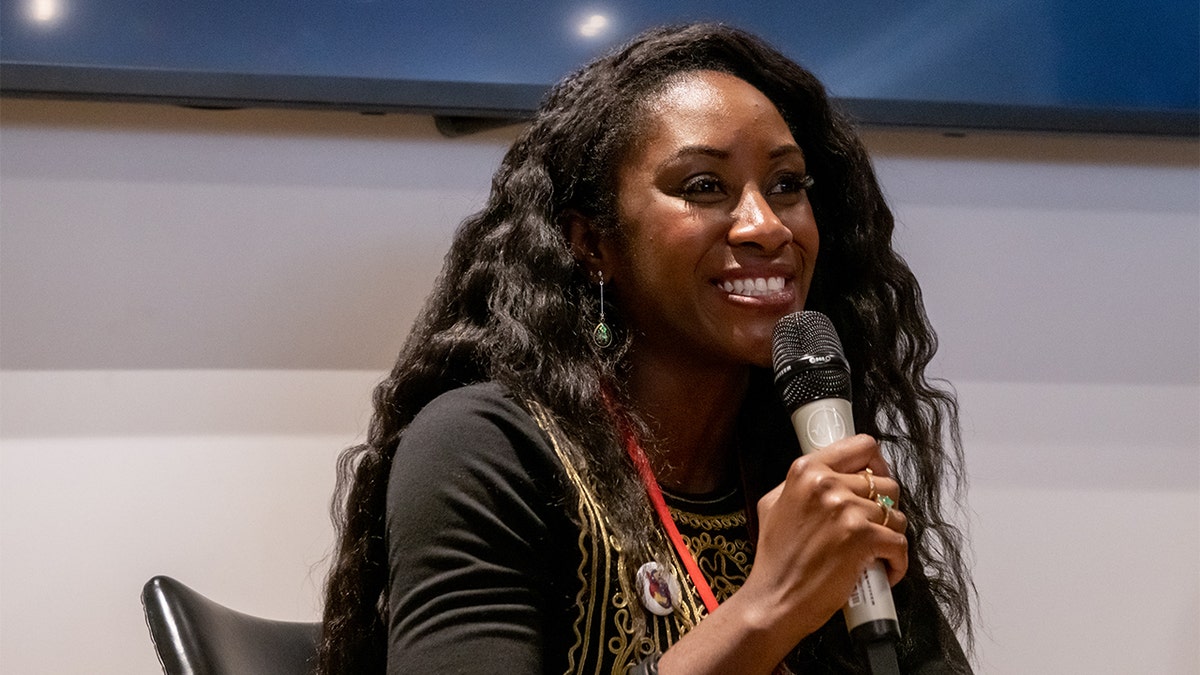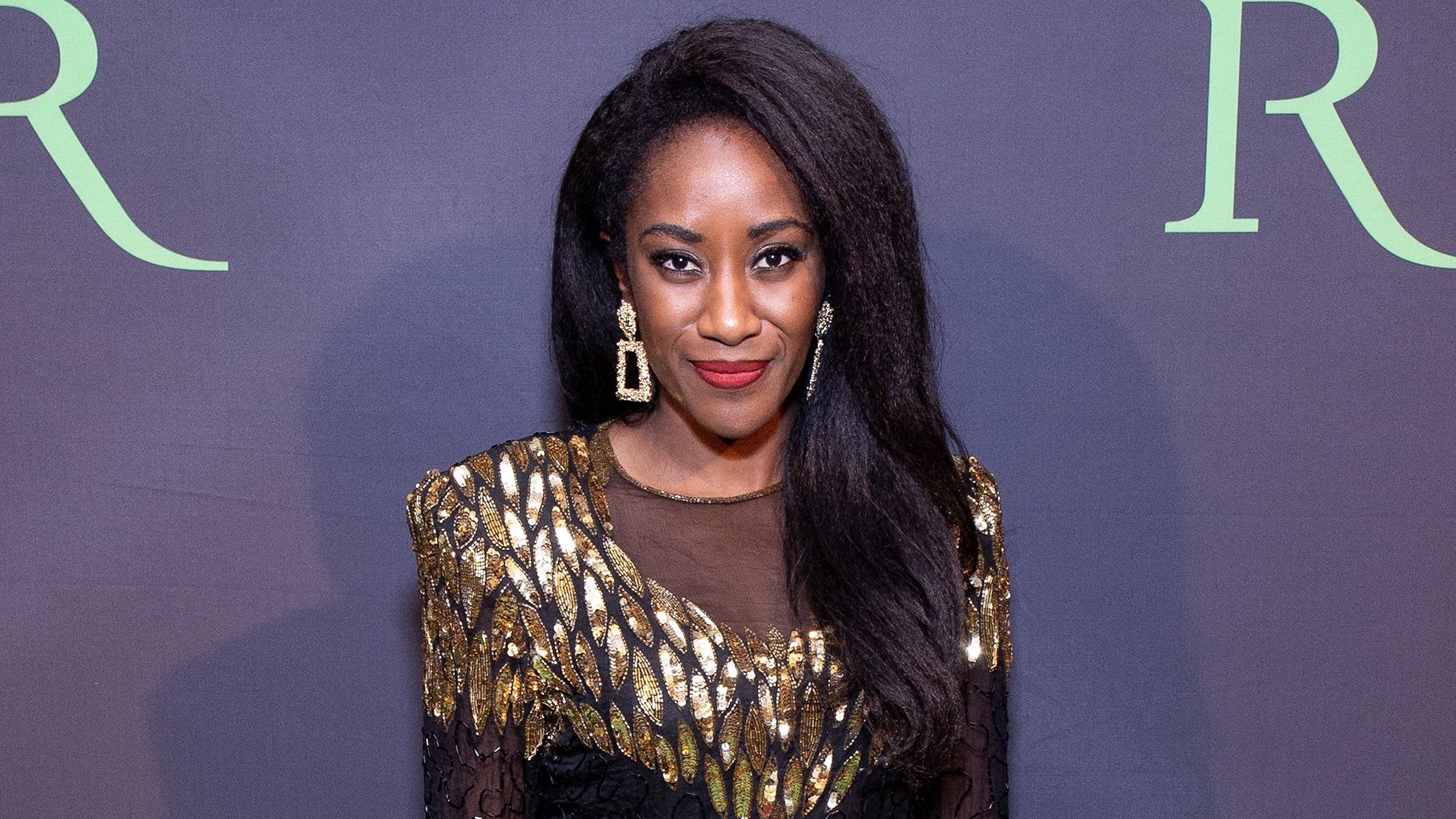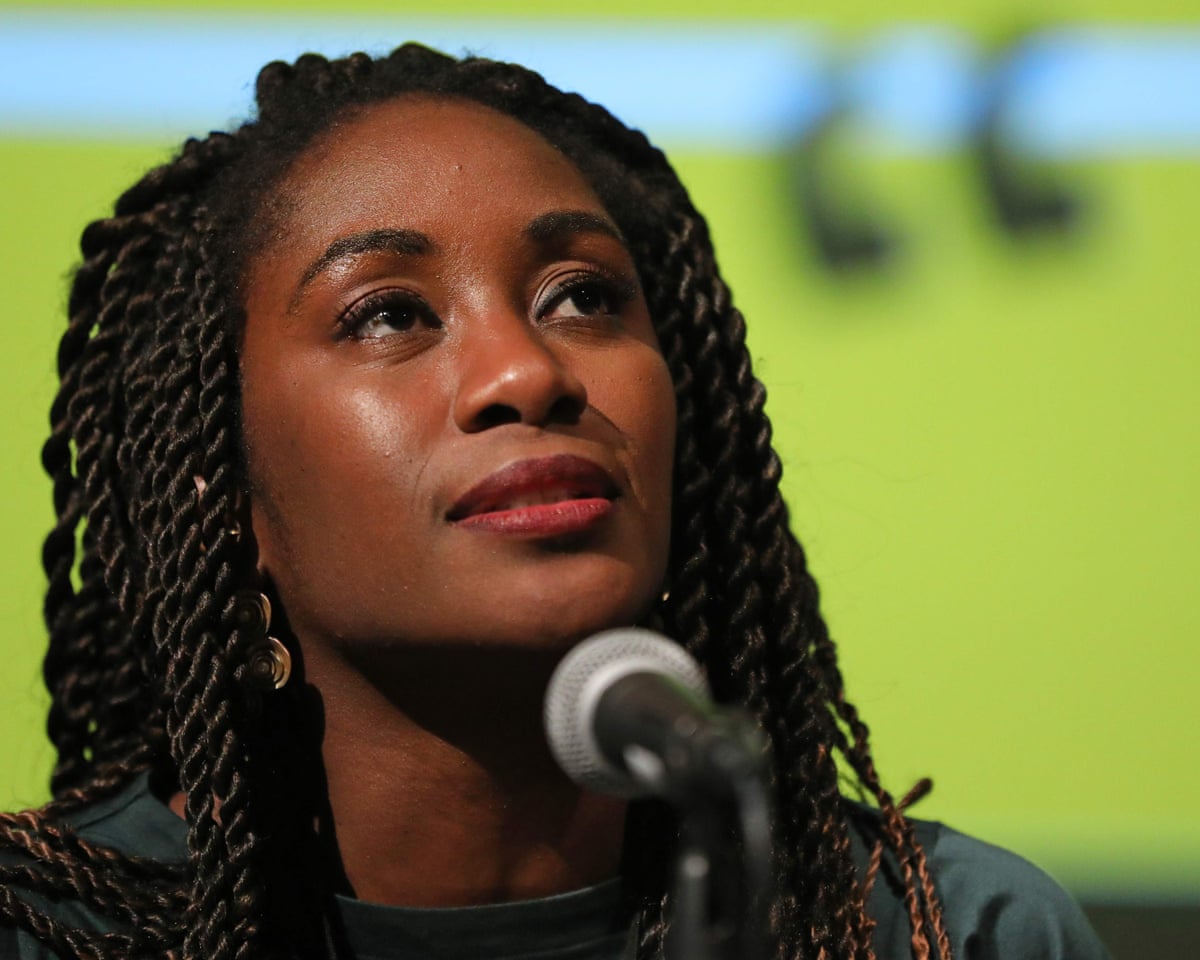A prominent columnist and opinion editor at The Washington Post has been dismissed after posting controversial remarks on social media in the aftermath of Charlie Kirk’s assassination.
Karen Attiah, a longtime contributor known for her outspoken views on race, gender, and politics, revealed Monday that the paper fired her for what management described as “gross misconduct” over comments she made about white men and American culture.
In a lengthy Substack post titled The Washington Post Fired Me — But My Voice Will Not Be Silenced, Attiah defended her actions and accused the paper of punishing her for speaking uncomfortable truths about systemic violence.
The controversy has ignited debates about free expression, professional responsibility, and how news organizations navigate the volatile intersection of journalism and activism.
The incident centers on a series of posts Attiah made on the Bluesky social network following the murder of Charlie Kirk, the 31-year-old conservative activist and founder of Turning Point USA, who was gunned down at Utah Valley University in Orem last Wednesday.
In one post, Attiah wrote: “Part of what keeps America so violent is the insistence that people perform care, empty goodness and absolution for white men who espouse hatred and violence.”
In another, she suggested that American society was incapable of meaningful gun reform: “White America is not going to do what it needs to do to get rid of the guns in their country.”
A third post went even further, touching on historical racial grievances: “It goes beyond for Black care and forgiveness for white violence. … They will not only still kill black people, but they will make the killers rich and famous.”

The comments, widely circulated online, quickly drew backlash. Critics accused Attiah of celebrating Kirk’s death and inflaming racial tensions. Supporters countered that she was highlighting uncomfortable truths about race and violence in America.
Attiah maintained in her Substack essay that she mentioned Kirk directly only once in her Bluesky commentary. She pointed to what she described as a factual recounting of Kirk’s past statements.
She posted a claim that Kirk had once said: “Black women do not have the brain processing power to be taken seriously. You have to go steal a white person’s slot.”
Attiah insisted this quote reflected his history of disparaging remarks toward women of color. But critics noted that her post distorted the context.
Kirk’s actual words, spoken on July 13, 2023, during a speech directed at Joy Reid, Michelle Obama, Rep. Sheila Jackson Lee, and Supreme Court Justice Ketanji Brown Jackson, were: “You do not have brain processing power to be taken seriously. You have to go steal a white person’s slot.”
While still widely condemned as offensive, the phrasing of the remark did not explicitly reference all Black women, but four prominent individuals. Attiah’s broader framing opened her to accusations of misrepresentation.
The Washington Post quickly determined that Attiah’s posts violated the company’s rules for employee conduct. The paper’s editorial guidelines state clearly: “Post journalists should be civil on social media and treat people with respect.”
According to Attiah, management summoned her last week and informed her that her language on Bluesky was “unacceptable” and rose to the level of “gross misconduct.” The termination followed days later.

In her Substack essay, Attiah argued that the Post’s decision was hypocritical. “I spoke out against hatred and violence in America — and it cost me my job,” she wrote.
She added that her posts were critiques of systemic problems, not celebrations of violence, and accused the paper of bending to political pressure.
Karen Attiah, a Nigerian-American journalist, joined The Washington Post in 2014 and became known for her strong commentaries on global human rights, racial inequality, and U.S. politics.
She had previously gained national attention for her editorials on police brutality, the Trump administration, and the murder of Saudi journalist Jamal Khashoggi, for whom she had served as an editor.
Her departure marks a dramatic end to a tenure defined by boldness and controversy. Attiah has long argued that American journalism struggles to confront structural racism, and her critics often accused her of blurring the lines between commentary and activism.
The firing underscores the growing tension within newsrooms where staff are expected to be both outspoken voices and representatives of institutional standards.
Reaction to Attiah’s firing was swift and polarized. On social media, many conservatives hailed the decision as overdue, citing her posts as proof that elite journalists condone hostility toward conservatives and white men. Others said the Post’s credibility would have been undermined had she been allowed to remain.
Progressives, however, condemned the firing as a betrayal of journalistic freedom. Several activists and writers argued that Attiah was punished for telling truths about racial dynamics that mainstream media prefers to ignore. “Karen was right,” one supporter posted. “America excuses white violence, and firing her proves the point.”

Within media circles, the decision reignited debates about how journalists should navigate their personal social media accounts. Some colleagues worried that Attiah’s firing could have a chilling effect on minority journalists who already feel pressured to moderate their voices.
The sensitivity around Attiah’s posts was heightened by the extraordinary circumstances surrounding Kirk’s death. The conservative activist was assassinated during a campus speaking event, allegedly by a radicalized 22-year-old.
The killing stunned political leaders across the spectrum and prompted widespread condemnation.
In the days that followed, tributes to Kirk poured in from political allies, while heated debates erupted over whether rhetoric from the left had fueled hostility against him.
Against this backdrop, Attiah’s commentary appeared particularly incendiary. Her remarks about “white men” and “forgiveness for white violence” struck critics as ill-timed and insensitive at a moment of national mourning.
The case has reignited long-running debates about the boundaries of free speech for journalists employed by major outlets. While reporters and columnists are private citizens with personal rights, they are also representatives of their publications. Employers maintain that inflammatory social media activity can undermine trust and credibility.
For supporters of Attiah, however, the firing is evidence that media organizations selectively enforce their standards. They argue that journalists of color are often punished more harshly for blunt commentary, while others are protected under the banner of free speech.
This tension mirrors broader societal debates about cancel culture, accountability, and whether public figures should face consequences for personal expression outside of their core professional work.
In her Substack post, Attiah vowed to continue writing. “The Washington Post fired me,” she wrote, “but my voice will not be silenced.” She insisted that her commentary was grounded in truth and that her firing demonstrated the very double standards she has long criticized.
Attiah described herself as “aghast” at being accused of misconduct. She rejected the idea that her posts condoned violence, emphasizing instead that they were critiques of America’s culture of absolving white perpetrators while vilifying minority victims.
Her defiance has already attracted new readers to her independent platform, where she says she will publish without the restrictions of institutional gatekeepers.
The episode raises important questions about the future of journalism in a hyper-polarized era. News organizations are increasingly confronted with staff who use personal platforms to make political statements, sometimes in ways that spark controversy or backlash.
Balancing editorial independence, free speech, and institutional credibility has become one of the most difficult challenges for modern media.
For The Washington Post, the firing risks alienating progressive readers and journalists who admired Attiah’s boldness. For others, it signals a renewed commitment to standards of civility and respect.
The case also underscores the growing fragility of journalists’ careers in the digital age, where a single post can ignite outrage, trigger disciplinary action, and end years of service.
The firing of Karen Attiah marks another flashpoint in the struggle over free speech, accountability, and the responsibilities of journalists in today’s media landscape.

By dismissing her over social media posts that criticized America’s treatment of white men and indirectly referenced Charlie Kirk, The Washington Post has drawn both praise and condemnation.
For Attiah, the dismissal is not the end of her public voice but the start of a new chapter outside the newsroom. For the Post, it is a reaffirmation of its standards. And for the broader public, it is a reminder of how deeply polarized debates over race, violence, and free expression have become.
The legacy of this controversy will not be limited to Attiah’s career. It will shape how journalists, readers, and institutions wrestle with the blurred lines between personal expression and professional responsibility in a nation still struggling to define the limits of speech in an age of division.


-1750571724-q80.webp)


